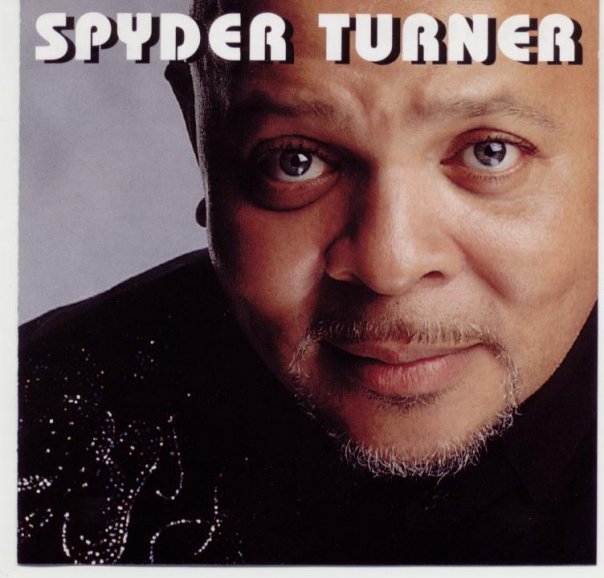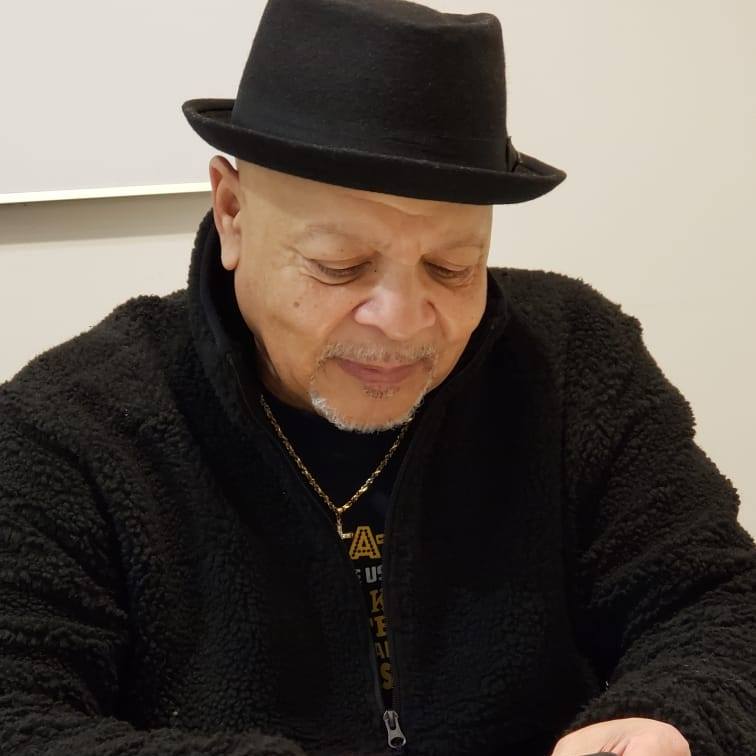
The year was 1966 when a young Spyder Turner stepped into a Detroit studio and cut his version of “Stand By Me”—a recording so raw and resonant it soared to #3 on the R&B charts and cracked the pop Top 20, announcing the arrival of a voice that could bend soul, country, and pop into something wholly original. Nearly six decades later, that same voice—now weathered by time but undimmed in power—still carries the weight of history and the spark of reinvention. “Hey, I ain’t done yet,” Turner declares with a chuckle that belies his 77 years. For a man who’s shared studio space with Norman Whitfield, soundtracked cult films like The Last Dragon, and earned induction into the R&B Hall of Fame, Turner isn’t resting on legacy. He’s too busy writing new chapters.
Turner’s sound has always defied boxes—a “blend of R&B, country, and pop” he cultivated long before genre-fluid became an industry buzzword. His 1966 breakthrough “Stand By Me” (recorded when he was just 19) injected gospel fervor into Ben E. King’s classic, while his 1977 Whitfield Records collaboration “Do Your Dance” pulsed with disco-era electricity. That versatility became his signature, whether he was recording as Spyder Turner or under his birth name Dwight David for the cult-favorite Berry Gordy’s The Last Dragon soundtrack. “Music ain’t about boundaries,” he reflects. “It’s about feeling.”

The industry’s evolution has tested Turner’s adaptability. “Navigating through the rapidly changing business” remains his greatest challenge, he admits—a nod to the whiplash between analog-era craftsmanship and today’s digital gold rush. Yet his proudest moment, a 2022 induction into the R&B Hall of Fame, proved timeless talent eventually gets its due. These days, Turner meets fans where they live—mainly through social media, where he shares studio snippets and hard-won wisdom. When a listener messages that his music “helped them heal,” the man who once shared stages with Motown’s finest still takes time to respond personally.
Turner’s advice to his younger self? “Open your ears and listen”—a lesson he’s applying now as he crafts new material. Though coy about specifics, he hints at a sound that bridges his classic soul roots with contemporary textures. “A little further along than I am right now,” is all he’ll say about 2025 goals, but the glint in his eye suggests unfinished business.
For an artist who helped define an era, Spyder Turner’s story isn’t a nostalgia act—it’s a living testament to endurance. As he puts it: “Thank you guys from the bottom of my heart.” Then, with the same hunger that propelled him out of 1960s Detroit: “Be on the lookout.” The spider’s still spinning his web.
